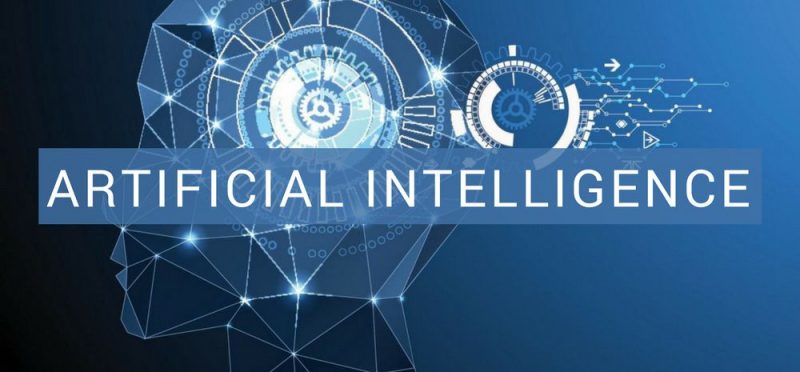Artificial Intelligence is unlocking a wave of new career paths across industries, creating high demand for skilled professionals. The demand for AI professionals has surged in recent years and is expected to grow as AI continues transforming industries.
The global AI market is projected to expand from $150 bn in 2023 to over $1.3 trn by 2030, driving increased demand for skilled workers, according to research from MarketsandMarkets.
In 2023, job postings requiring AI skills rose over 200 per cent compared to 2022, with specialized fields like generative AI seeing a 450 per cent increase.
Machine learning engineer
PhD holder in Artificial Intelligence, Marcin Chady, described machine learning engineering as one of the most foundational roles in the field.
“You basically sit in front of the computer and think long and hard about statistics and linear algebra, trying different learning models and testing them,” Chady said.
Digital marketing expert Ahmad Tayyab said this role involves designing and developing machine learning models and algorithms. “It includes tasks such as data preprocessing, model training, and deployment,” he said.
READ ALSO: How Conversational AI Can Help Boost Business Growth via Instagram, WhatsApp, and Facebook
ADVERTISEMENT
Data scientist
The explosion of data across industries has made data science an essential part of AI development.
“Data scientists use statistical methods and machine learning techniques to analyse and interpret complex data,” Tayyab said. “They help organisations make data-driven decisions.”
Quora writer Adeel Ahmad also identified data science as one of the core AI jobs available. “It’s all about uncovering insights from vast datasets,” he said.
AI research scientist
“AI research scientists are advancing the field through experimentation and innovation,” said Tayyab. “They often work on the underlying algorithms and frameworks that power AI systems.”
Ahmad noted that this role is ideal for individuals who enjoy developing cutting-edge techniques and pushing the boundaries of what AI can do.
AI Engineer
Combining technical implementation with software integration, the AI engineer’s job is to build functional systems.
“AI engineers integrate machine learning models into real-world software and hardware solutions,” said Tayyab. “They ensure that AI capabilities are embedded in products in a scalable way.”
Computer vision engineer
Computer vision, which enables machines to ‘see’ and understand images and videos, is becoming increasingly important across sectors.
“These engineers develop algorithms that interpret and process visual information,” said Tayyab. “From self-driving cars to medical imaging, the applications are endless.”
Ahmad highlighted that engineers in this field work closely with deep learning tools to train systems that can detect, classify, and respond to visual stimuli.
ADVERTISEMENT
Natural language processing engineer
Another growing area is natural language processing—enabling machines to understand and generate human language.
“This includes working on tasks such as language translation, sentiment analysis, and conversational agents like chatbots,” Tayyab explained.
According to Ahmad, NLP engineers focus on the human-AI language interface. “They make machines capable of understanding and communicating using human text,” he said.
Robotics engineer
AI’s role in robotics is giving rise to a new wave of opportunities, especially in automation and hardware integration.
“Robotics engineers figure out how to apply the latest materials and electronic components to make things move and sense the environment,” said Chady.
Tayyab added that these professionals build autonomous systems and design robots capable of performing complex tasks with minimal human input.
AI product manager
While not purely technical, the role of an AI product manager is crucial for ensuring that AI systems meet user needs.
“Product managers oversee development from conception to launch,” Tayyab said. “They balance user feedback, technical limitations, and business goals.”
This role is particularly important in startups and tech firms, where the line between technical and strategic work often blurs.






















